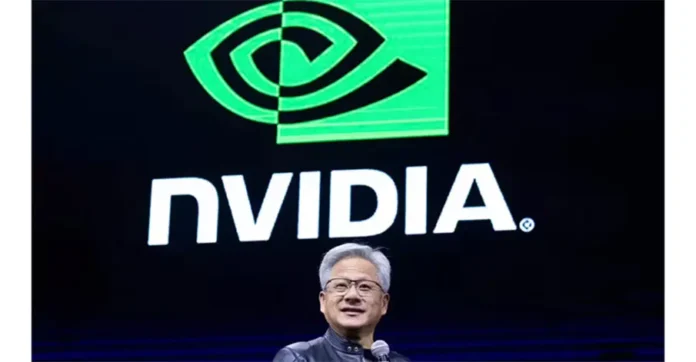
A bipartisan group of U.S. senators has urged Nvidia CEO Jensen Huang to avoid meetings with Chinese entities suspected of breaching U.S. export controls during his planned visit to China. The letter, sent Friday by Republican Senator Jim Banks of Indiana and Democratic Senator Elizabeth Warren of Massachusetts, expresses concerns that such interactions could aid China’s military or intelligence agencies.
“We are worried that your trip to the PRC could legitimize companies that cooperate closely with the Chinese military or involve discussing exploitable gaps in U.S. export controls,” the senators wrote. They also cautioned Huang against engaging with companies on the U.S. restricted export list.
Huang was expected to arrive in China on Friday. In response to the letter, an Nvidia spokesperson stated that, “American wins” when U.S. technology becomes the global standard, noting that China has a vast pool of software developers. The company emphasized that AI software “should run best on the U.S. technology stack, encouraging nations worldwide to choose America.”
At the Computex trade show in Taipei this May, Huang publicly supported former President Donald Trump’s move to ease certain export rules on AI chips, saying the previous restrictions had been ineffective. However, new U.S. export limits introduced in April targeting modified AI chips designed for the Chinese market are expected to reduce Nvidia’s revenue by $15 billion, according to Huang.
The senators noted that advanced AI hardware poses strategic risks. “Advanced AI hardware could accelerate the PRC’s effort to modernize its military,” they wrote. Lawmakers have been increasingly focused on tightening oversight, proposing new legislation that would require AI chipmakers to track where their products end up.
Recent reports have intensified these concerns. In June, Reuters revealed that Chinese AI firm DeepSeek has allegedly supported China’s military and intelligence activities and attempted to bypass U.S. export restrictions through shell companies. Additionally, Nvidia reportedly plans to introduce a lower-cost version of its Blackwell AI chips for the Chinese market.
The senators cited Nvidia’s expanding footprint in China, including a new research center in Shanghai, as evidence that the company’s operations could inadvertently bolster China’s AI and chip development efforts.





